detail profile jovan belobrkovi c4 87

Info Pribadi
Peran Yang Di Mainkan Jovan Belobrković
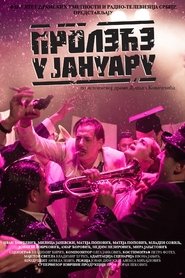 The drama Spring in January is...
The drama Spring in January is...Spring in January 2019
The drama "Spring in January" is a story about families who started hiding in underground chambers during the Nazi occupation of Belgrade. With the help of adventurous profiteer Mark, they produce weapons for the resistance movement. This work continues even after the war, because their "benefactor" releases fictitious reports on German victories in order to maintain underground production and continue to get rich. Marko manages to convince his best friend Crni (Black) to stay hidden in the basement so that he can keep Natalia for himself, the woman they both love. After twenty years, Crni finds a way out into the "upper world". Although it is 1961, Crni believes that the Nazis are still in power because they managed to make a film showing the German occupation.
 The story about the founders of...
The story about the founders of...We Will Be the World Champions 2015
The story about the founders of the famous "Yugoslav Basketball School" and the first gold medal at the Championships in Ljubljana in 1970, is based on real events and is dedicated to personalities who have contributed to the emergence and development of basketball in their country.
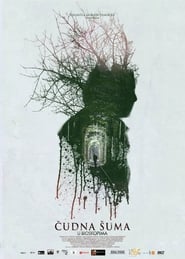 After sending their son to rehab...
After sending their son to rehab...Strange Forest 2014
After sending their son to rehab from drug abuse, they find out that he has run away from the rehab center and that he has a dept to a local drug boss, which may be the reason he is on the run. His parents start blaming each other for their son's mistakes, and the father decides to leave their family home. In the next few days they both are trying to find their son, and they both face the brutal reality of life in Serbia on their own way.
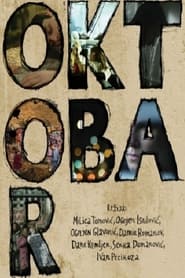 Through the intimate stories of seven...
Through the intimate stories of seven...October 2011
Through the intimate stories of seven young directors, October is the generational attitude towards Serbia today, shown in different perspectives and through different genres - from black comedy to melodrama, poetic portrait to the socially engaged horror. Motif that binds all of the stories together is the tenth anniversary of the democratic revolution. Each film is taking place on that day, 5th of October in 2010, and each film is differently related to the anniversary and what that event means 10 years after. The film brings fresh visions of the seven young directors who were teenagers at the time of the overthrow of president Milosevic and his regime. On a personal and emotional way they show a complex picture of modern Serbia.
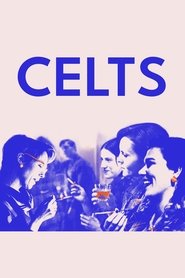 Belgrade in 1993 The pentup tension of...
Belgrade in 1993 The pentup tension of...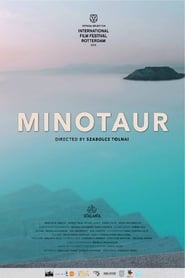 An absurdist fable set in the...
An absurdist fable set in the...